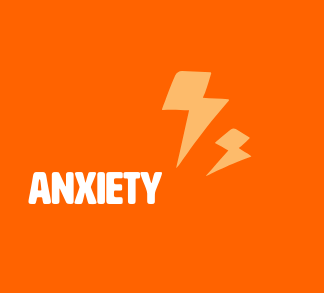
Many people know that physical activity is good for your body, but did you know that it is also beneficial for your mental health and wellbeing?
This is because regular exercise stimulates the release of endorphins, which in turn increases mental alertness and energy, and boosts our overall mood. Exercise can also increase our self-esteem and reduce stress and anxiety. But, most importantly, regular exercise plays a role in preventing the development of mental health problems and in improving quality of life for those of us with the condition.
So, in what ways does physical activity impact our mental health?
1. It lifts our mood
Researchers have found that people feel more content, awake and calmer after being physically active compared to after periods of inactivity. They also found that the effect of physical activity on making us feel happier was greatest when our mood was initially low.
2. It reduces stress
The most common physical signs of stress include sleeping problems, sweats and loss of appetite. Symptoms such as these are triggered by a rush of adrenaline, which raises our blood pressure and increases our heart rate and in turn our sweat levels. Exercise is a great way to relieve stress because as our body releases this adrenaline, it calms down, enabling us to eat and sleep better.
3. It improves our self-esteem
Physical activity has been shown to have a positive influence on our self-esteem and self-worth. This is because we tend to feel more focused, alert and able to complete daily tasks more efficiently after we have exercised, while regular exercise often leads to improved body image.
4. It eases the symptoms of depression and anxiety
Isolation can make us feel vulnerable. Taking part in physical group activities, such as walking, running, Pilates or a fitness class, enables us to feel connected and part of a community, which has a positive impact on our wellbeing. Group activities, such as these, can also take our minds off our worries, getting us away from the cycle of negative thoughts that feed depression and anxiety. What’s more, exercise may also help keep depression and anxiety from coming back once we’re feeling better.
Now you know the positive impact that exercise can have, come join our community walking group from 4–5pm on Thursdays. Our weekly leisurely walk from Head Room Café to Golders Hill Park provides the perfect opportunity to move your body, meet new people or just have a bit of ‘me time’. Like all our groups at Head Room Café, this group is open to everyone and you can participate as much or as little as feels right for you.
headroomcafe.org/whats-on




